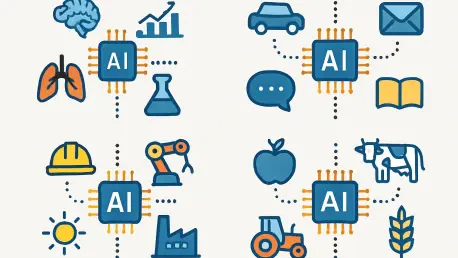
In an era where artificial intelligence is becoming the backbone of enterprise innovation, a seismic shift is occurring within the realm of large language models (LLMs) that could redefine how industries operate. Once hailed for their ability to tackle a vast array of tasks with remarkable
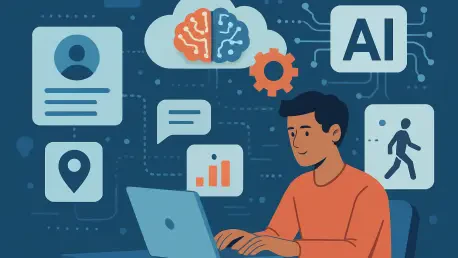
In a world increasingly reliant on artificial intelligence, a transformative breakthrough has emerged to address the persistent flaws of conventional systems, promising a future where machines don’t just process data but truly understand it within a grounded context. The Al-Samaraee Protocol,
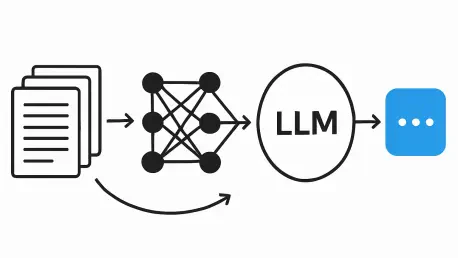
Imagine a world where artificial intelligence responds to complex queries in a fraction of the time it currently takes, slashing costs without compromising on the precision of its answers. This isn’t a distant dream but a tangible reality being shaped by a cutting-edge approach known as Speculative
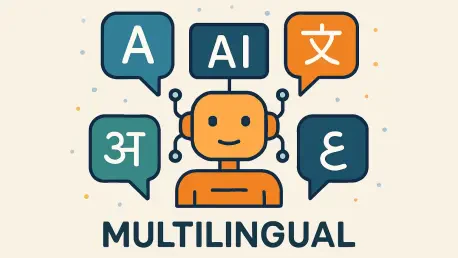
In the fast-paced world of natural language processing (NLP), a transformative breakthrough has emerged with the introduction of mmBERT, an encoder-only multilingual language model developed by researchers at Johns Hopkins University. This innovative model challenges the long-standing dominance of
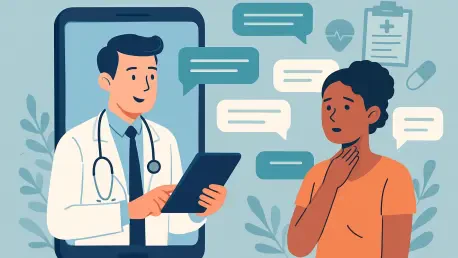
In an era where digital communication is reshaping healthcare, the surge in patient messages through Electronic Health Record (EHR) systems presents both an opportunity and a challenge for providers, who must navigate this evolving landscape. With patients increasingly relying on messaging portals
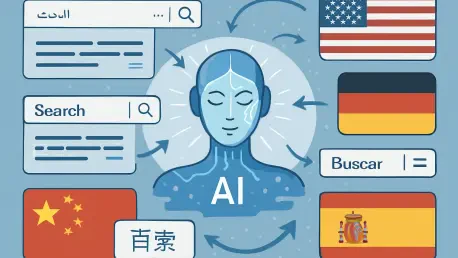
In an era where digital connectivity shapes daily life, imagine a world where language barriers no longer hinder access to information, and a single search query can deliver tailored, culturally relevant results to users in remote corners of the globe. Google has taken a monumental step toward this